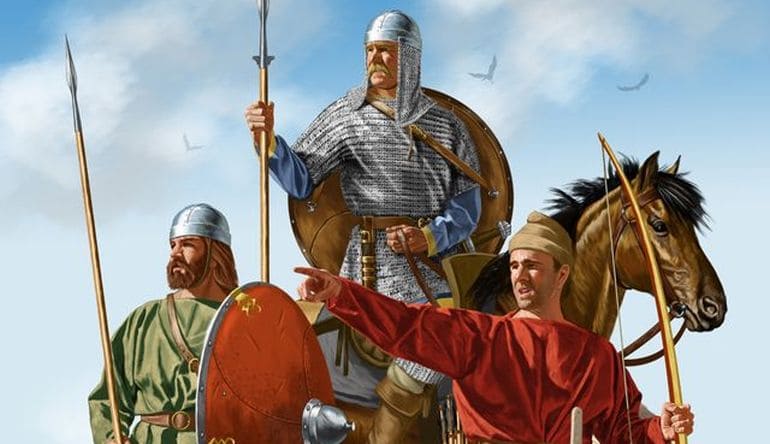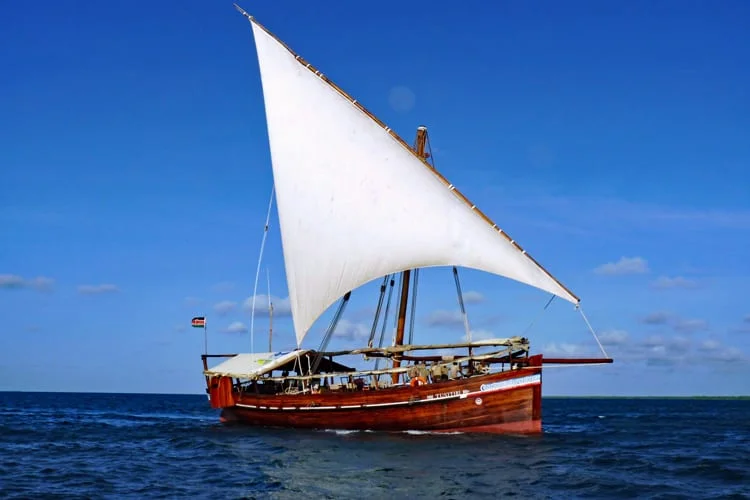The Womb of Nations - a thread on Danish history and the survival of ancient tribes in Denmark.
(1) Denmark as we know it today originated as a tribal gestalt - a myriad of different peoples, all closely related but originally distinct, united under the dominant Danes.
(1) Denmark as we know it today originated as a tribal gestalt - a myriad of different peoples, all closely related but originally distinct, united under the dominant Danes.

2) The movements and invasions of the Viking-Age Danes are of course well known, as is the earlier migration/invasion of Jutes and Angels into England. On the latter I have a thread.
Today, we will be going even further back - to the origins of the Cimbri, Burgundians and more.
Today, we will be going even further back - to the origins of the Cimbri, Burgundians and more.

(3) "Burgundians" - famous as the Nibelungs of Wagner and Norse legend, their name survives today in the French region of Burgundy. There is one other place their name survives - the Danish island of Bornholm. Likely the cradle of the tribe, its name in Norse was Borgundarhólmr. 

(4) "Cimbri" - Perhaps just as famous for their devastating wars with Rome, the southward trek of the Cimbri and the ensuing Cimbrian Wars instigated the broader Germanic Wars that would last until (and largely cause) the collapse of the Western Roman Empire. 

(5) Where did the Cimbri originate? The Romans describe a Cimbrian Peninsula, a namely widely identified as, and still used to refer to, Jutland.
Indeed, their name survives to this day in the province of Himmerland, "Himmer" from Old Danish "Himbræ" < Pre-Germanic *Kimbre
Indeed, their name survives to this day in the province of Himmerland, "Himmer" from Old Danish "Himbræ" < Pre-Germanic *Kimbre

(6) "Teutons" - A group whose very name became a Synonym for "Germanics", they accompanied the Cimbri in their wars.
Though as with nearly all Dark Age history, some debate exists, their name likely survives in the North Jutland region of Thy.
Though as with nearly all Dark Age history, some debate exists, their name likely survives in the North Jutland region of Thy.

(7) "Thy", the modern name of the region, is a shortening of Old Danish "Thiuthæsysæl", itself from Old Norse "Thjóð", Proto-Germanic "Theudō". They, like the next people way are about to discuss, seem to have followed the Cimbri in their migration out of Jutland. 

(8) "Ambrones" - Also accompanying the Cimbri, the Ambrones seem to have originated on the islands off the south of Jutland, plausibly from the Wadden Sea isle of Amrum (originally "Ambrum") or Femern in the Baltic, whose old name was Imbra. 

(9) "Vandals" - The last tribe we will look at, they are also the murkiest. First recorded in what is now Southern Poland, their language was likely East Germanic, and thus related to Gothic. How, then, can they be connected to Jutland? 

(10) It is often proposed that the Goths themselves originally migrated from Scandinavia, specifically from what's now Sweden. Also in Sweden, the place-name of "Vendel" indicates a possible Vandal presence. Yet there is another clue - the northernmost part of Jutland, Vendsyssel
(11) Vendsyssel is recorded by Adam of Bremen as "Wendila", and by Icelandic texts as "Vendill" - exactly the same as the Norse name for the Vandals. Indeed, their name may (it is debated) come from the root *wanđ- ("water"), reflecting their origins by the broad Limfjord. 

(12) If so, there remain, to this day, people who call themselves Vandals, through the denizens of Vendsyssel, the Vendelboer. Similarly, the names both of the Cimbri, Teutons and Burgundians all endure, in attenuated forms, in the rural districts of Denmark. 

• • •
Missing some Tweet in this thread? You can try to
force a refresh






















